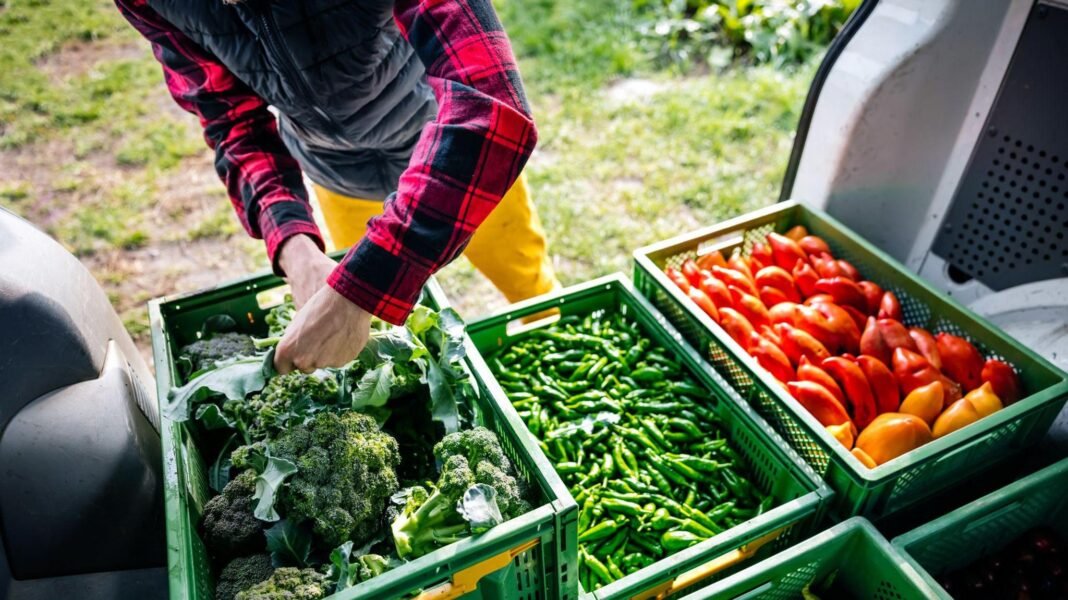The UK government has set a firm timeline. Post-Brexit checks on food will remain for years. EU relations minister Nick Thomas-Symonds confirmed this. He said the Irish Sea border stays until 2027. This border involves checks on goods from Great Britain. These controls apply to Northern Ireland. The minister gave a speech on Wednesday. He outlined the government’s implementation plan.
Furthermore, a new deal provides a future solution. The UK and EU agreed on it in May. It promises to eliminate physical checks at ports. This agreement relies on a key principle. It requires UK-wide agri-food alignment with EU rules. Consequently, Northern Ireland and Great Britain will share the same standards. Therefore, paperwork and inspections become unnecessary.
Moreover, the minister detailed the next steps. Negotiations with the EU will resume this autumn. The UK government will then draft legislation in 2026. Finally, full implementation will occur in 2027. This timeline gives businesses a clear expectation. However, it also means several more years of current rules.
Additionally, the deal covers more than just food. It also includes horticultural products. For example, this applies to seeds and garden plants. Industry group NI Chamber welcomed the ambition. Chief executive Suzanne Wylie called it a significant step. She also urged the government to move quickly. Businesses need practical support now, she said.
Meanwhile, the current system remains complex. It stems from the Brexit withdrawal agreement. This was later revised into the Windsor Framework. These rules keep the Irish land border open. But they create a regulatory sea border instead. Goods from GB must meet EU standards. New border posts at NI ports conduct checks.
Consequently, supermarkets face particular challenges. They largely rely on supply chains from Britain. The new agri-food alignment deal aims to fix this. It will ensure identical rules across the UK. This will greatly simplify trade for everyone. The goal is to restore seamless internal UK trade.
Ultimately, businesses express cautious optimism. They support the deal’s ambition completely. However, the 2027 date seems distant. They must navigate current barriers until then. NI Chamber is also pushing for more changes. They want a review of the “at risk” goods criteria. This determines which items face EU tariffs.
In conclusion, the path forward is now clear. Agri-food alignment is the central pillar of the plan. This policy choice will eventually remove the sea border. But patience is required for three more years. The government promises a smoother trading future.
For more political updates, visit London Pulse News.


